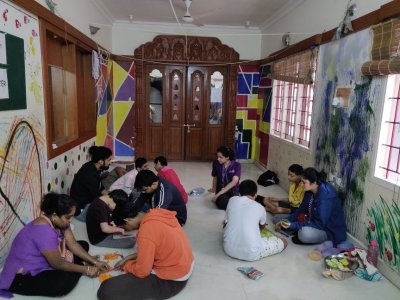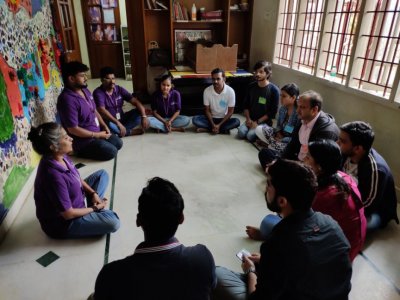CORPORATE EMPLOYEE ENGAGEMENT
At Snehadhara, we champion the belief that an empathetic world thrives on a multi-stakeholder model, where everyone plays a pivotal role in creating inclusive spaces. It’s time to redefine CSR as Collective Social Responsibility, acknowledging that change starts from within us. In collaboration with your organization, our Employee Engagements and Volunteering Programmes transcend barriers of exclusion, providing enriching experiences for both you and our children. By immersing yourself in our world, you contribute to expanding our children’s social universe, offering them rare opportunities for interaction beyond their caregivers. Our Employee Engagements and Volunteering Programmes will be an enriching experience both for you and our children. As you get to see the world through the eyes of our children, our children will also receive your support and company for extended periods of time. Your contribution will also mean extending your hand and heart to support us in this endeavor. Experiencing the use of the Arts and being a part of the direct beneficiary group will allow the employees to understand the world of inclusion.
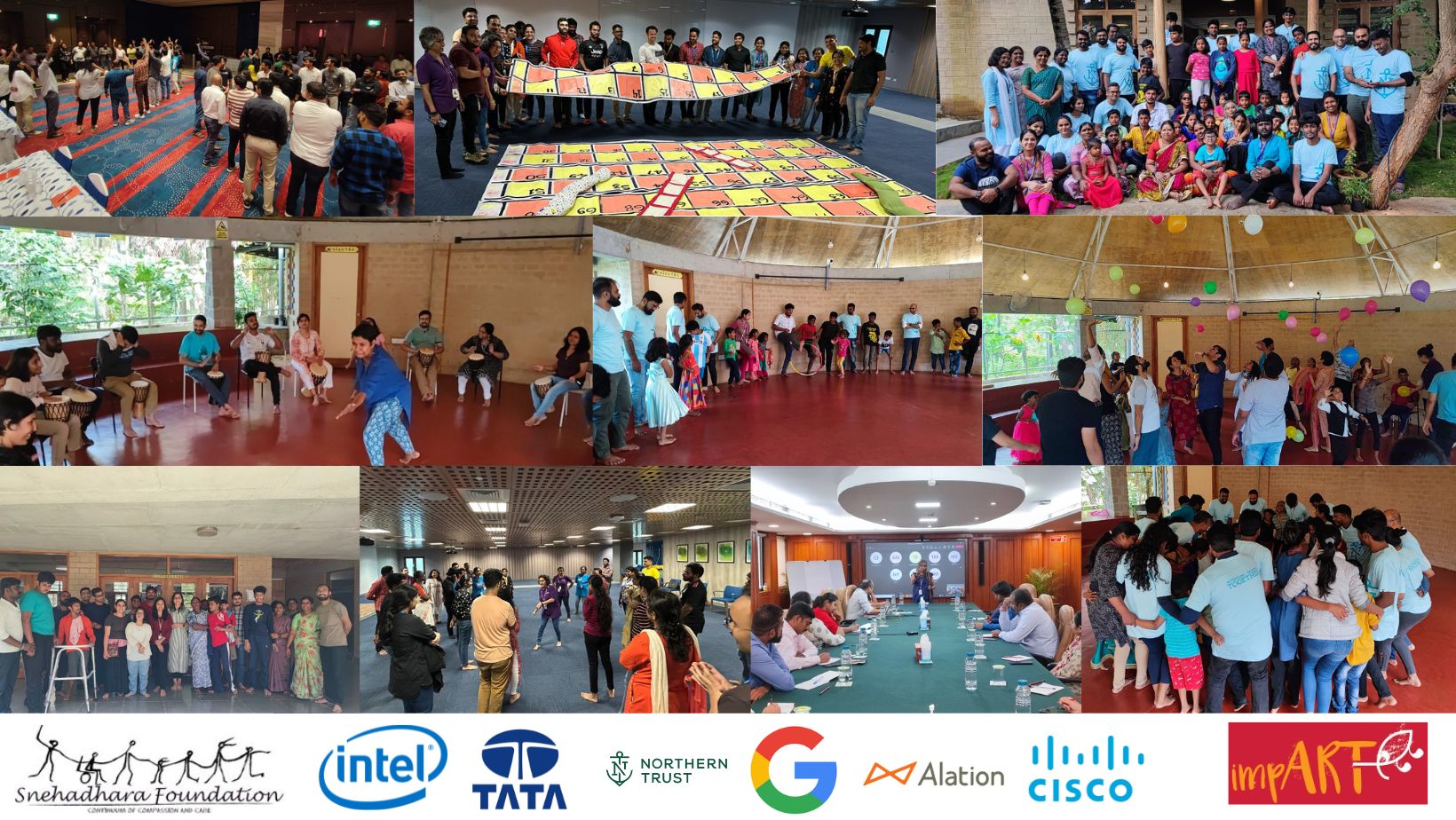
Employee engagement activities by Snehadhara Foundation
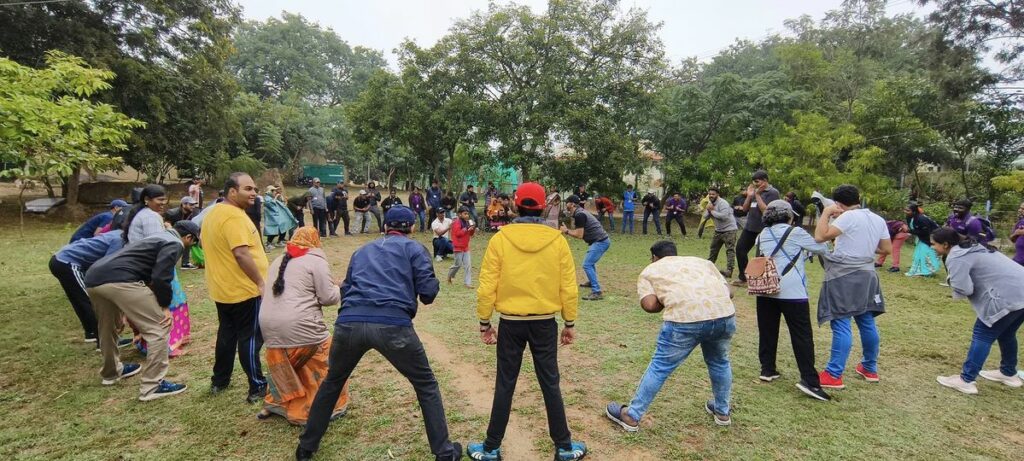
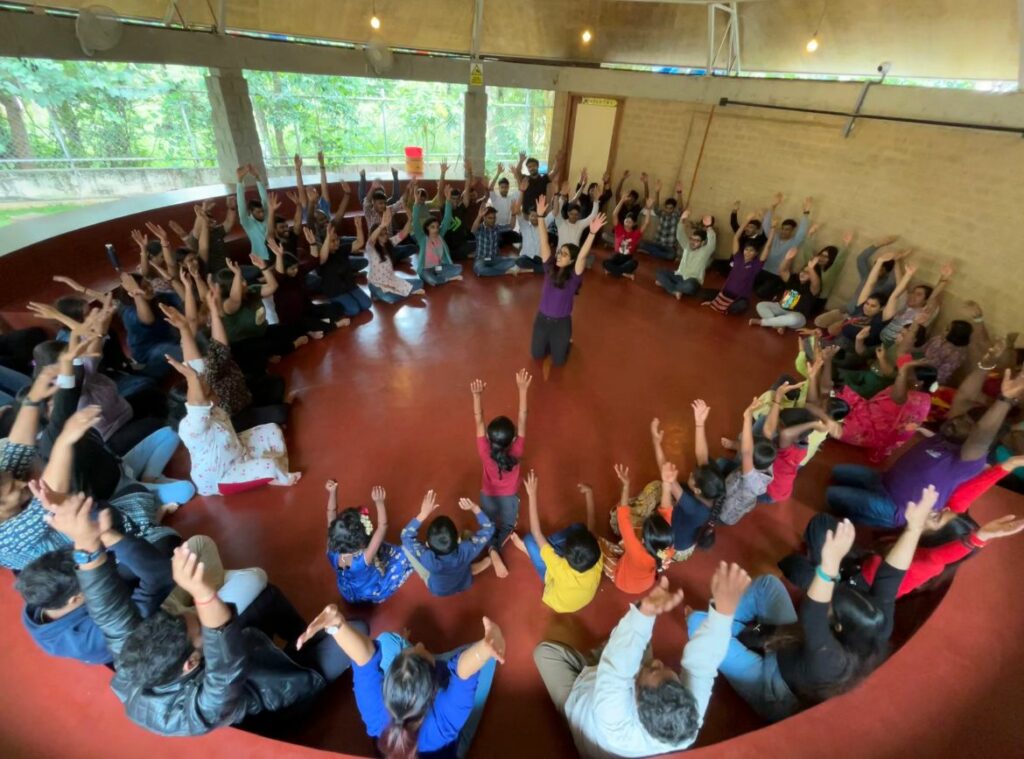
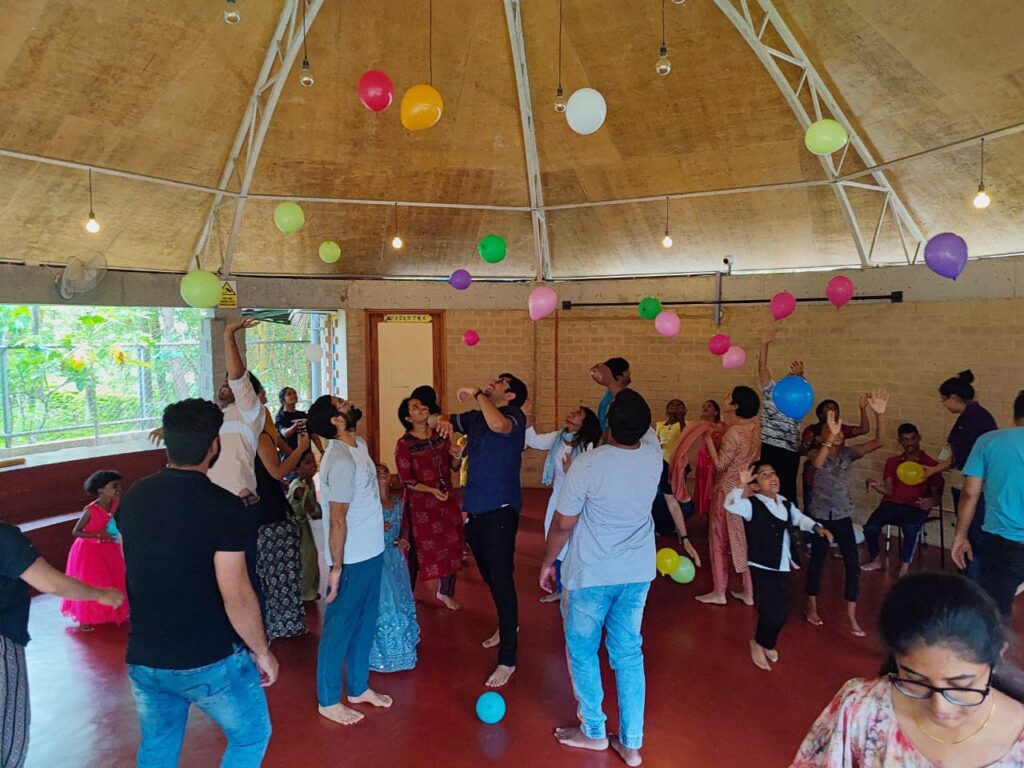
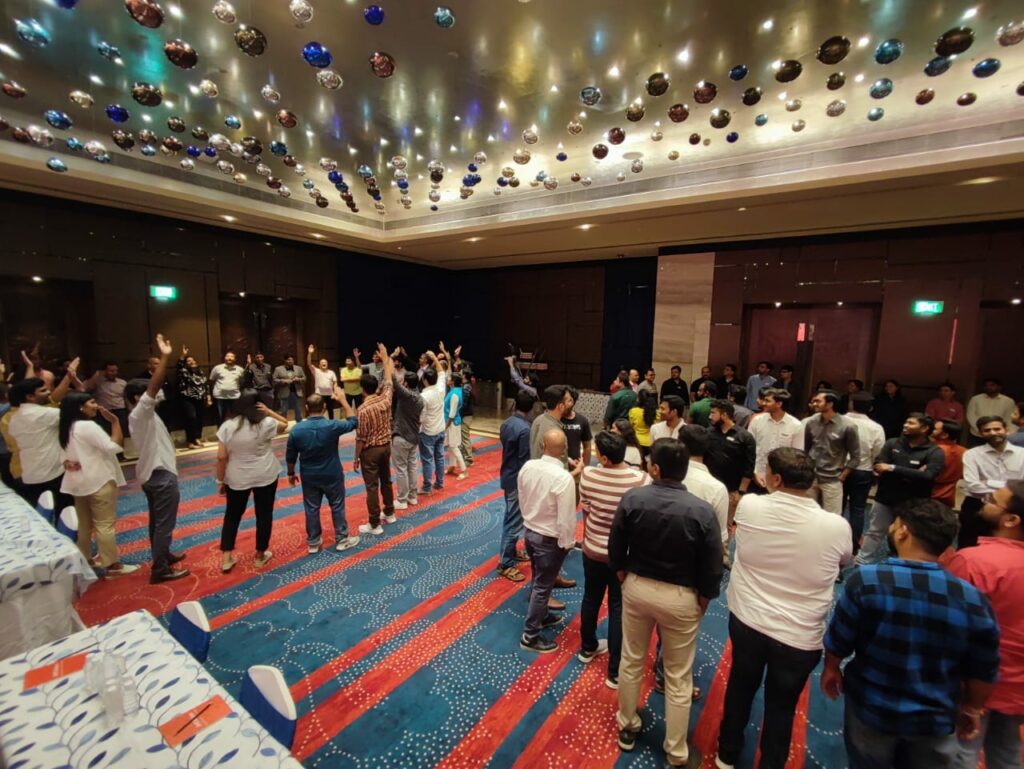
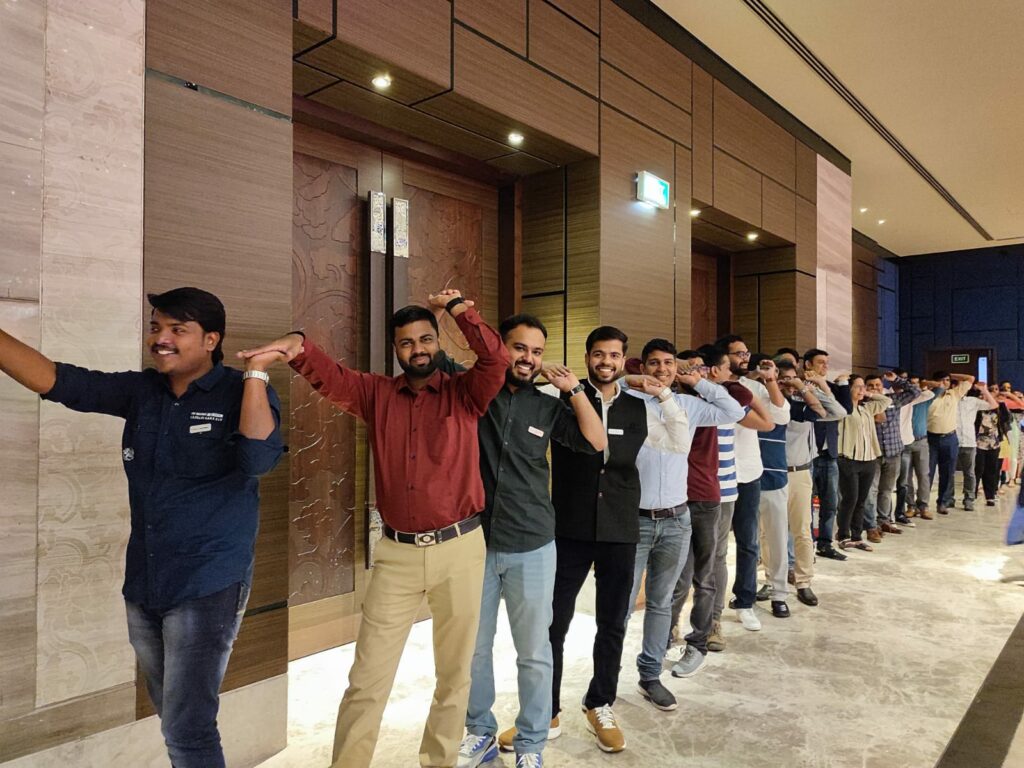
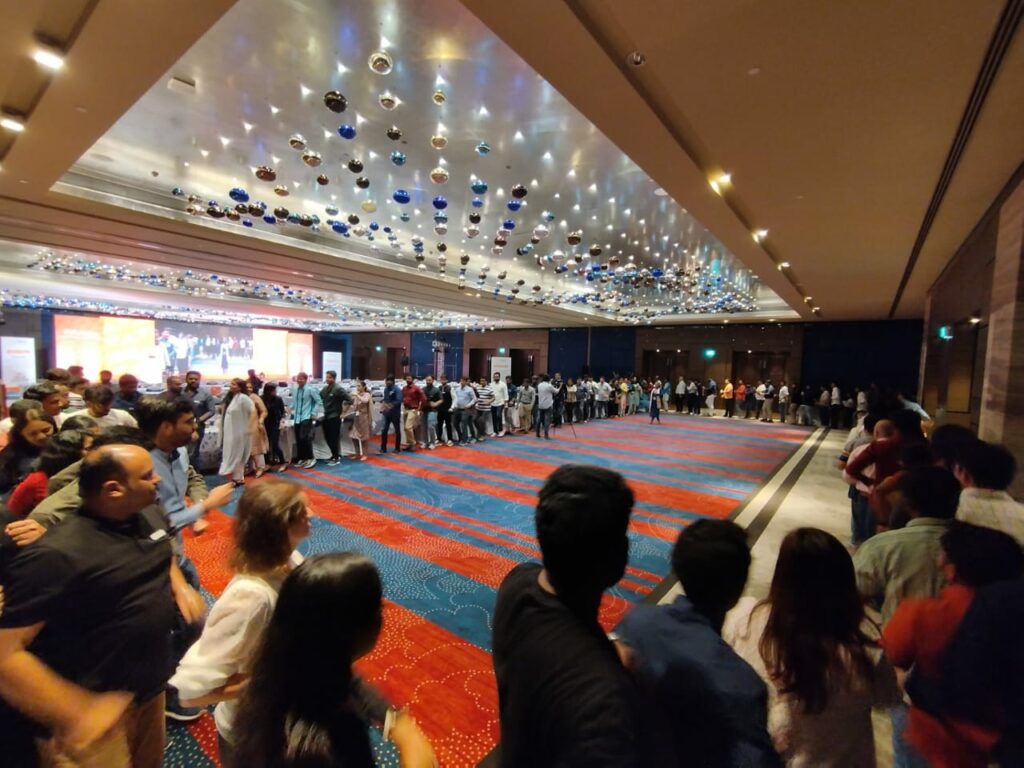
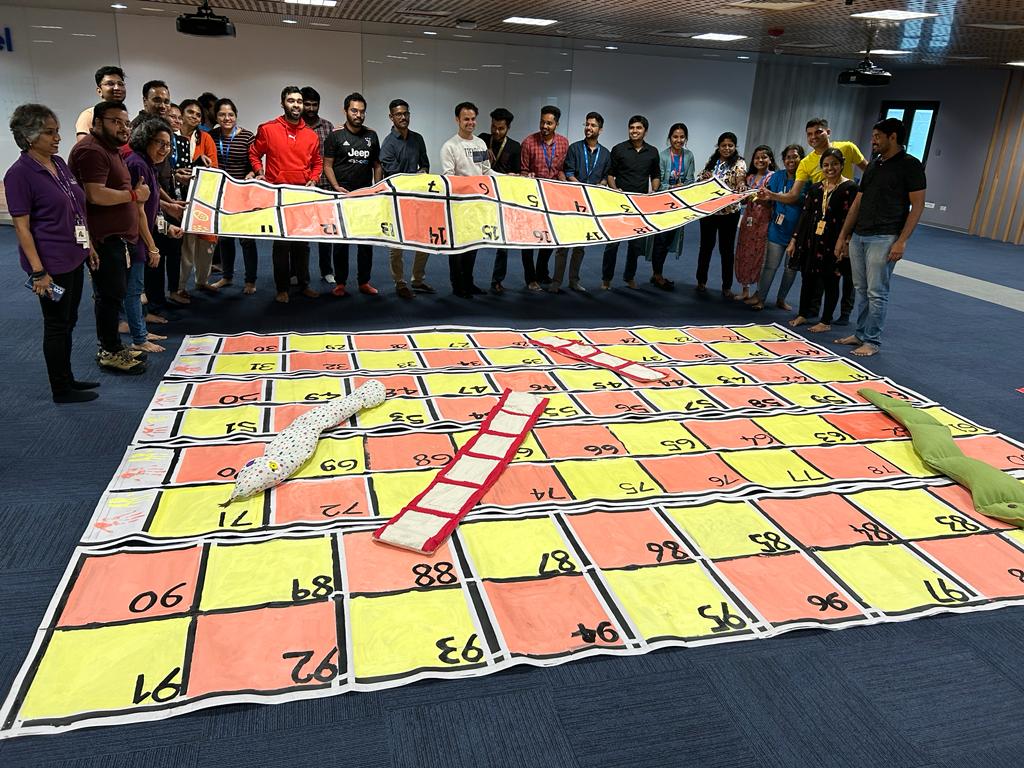
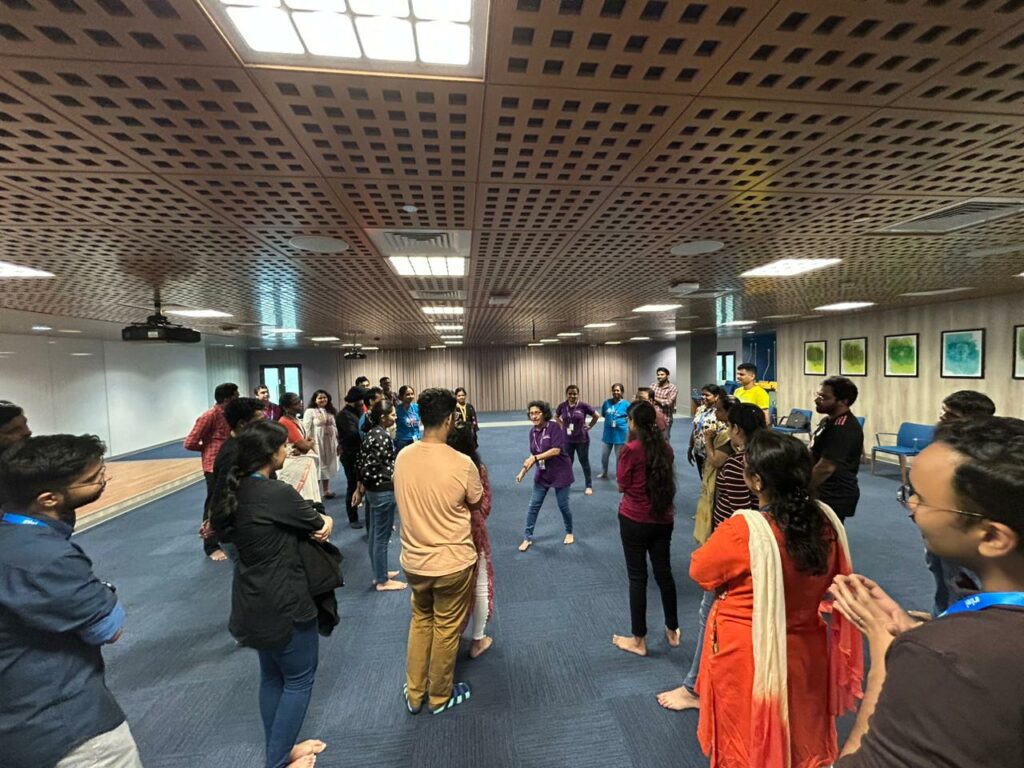
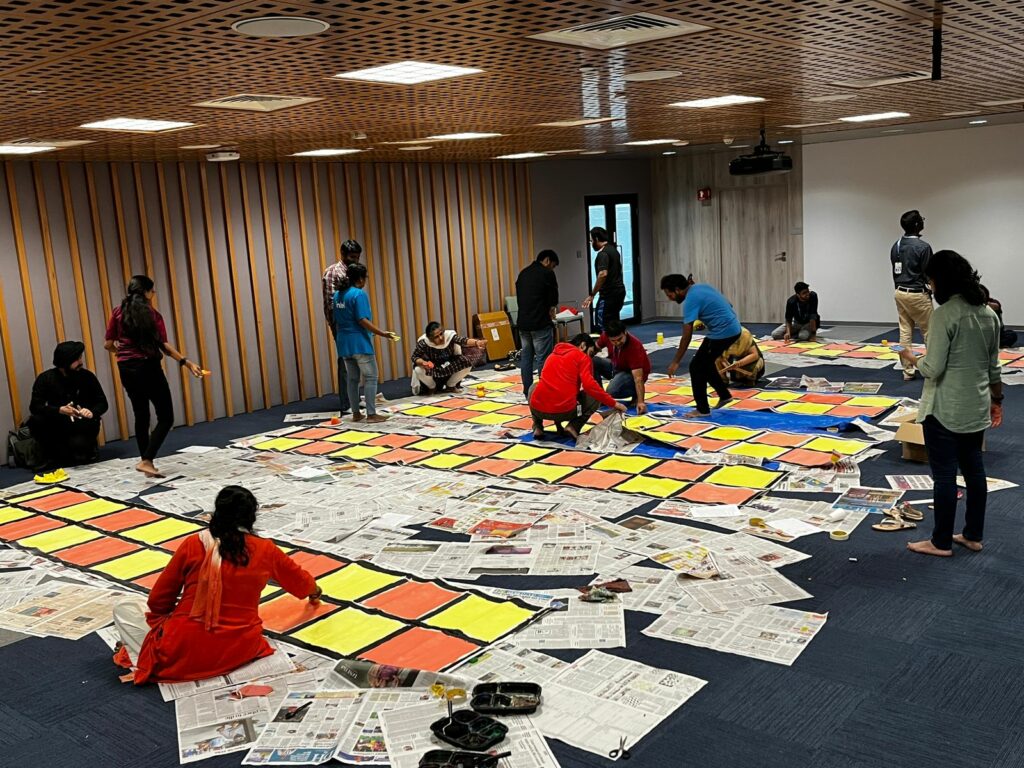
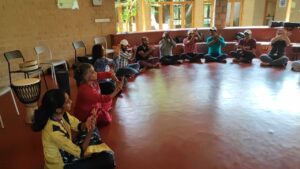
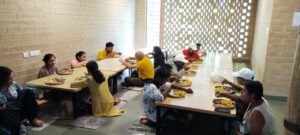
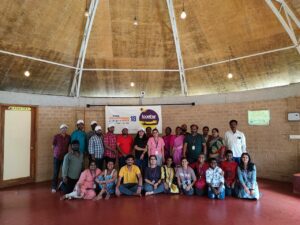
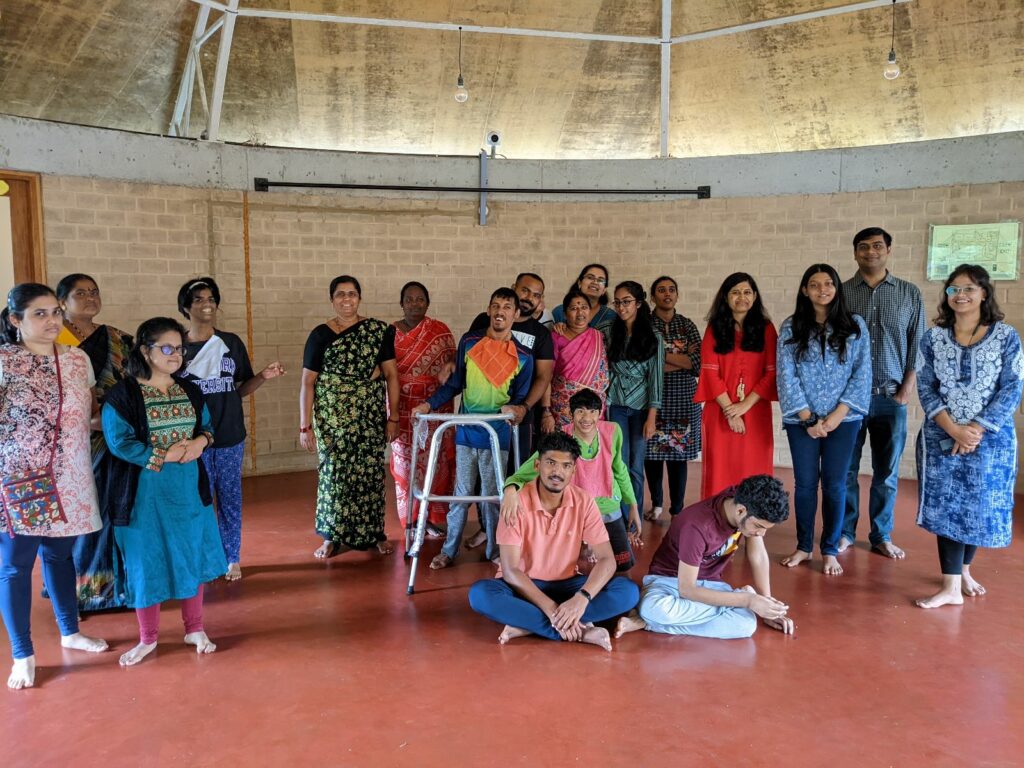
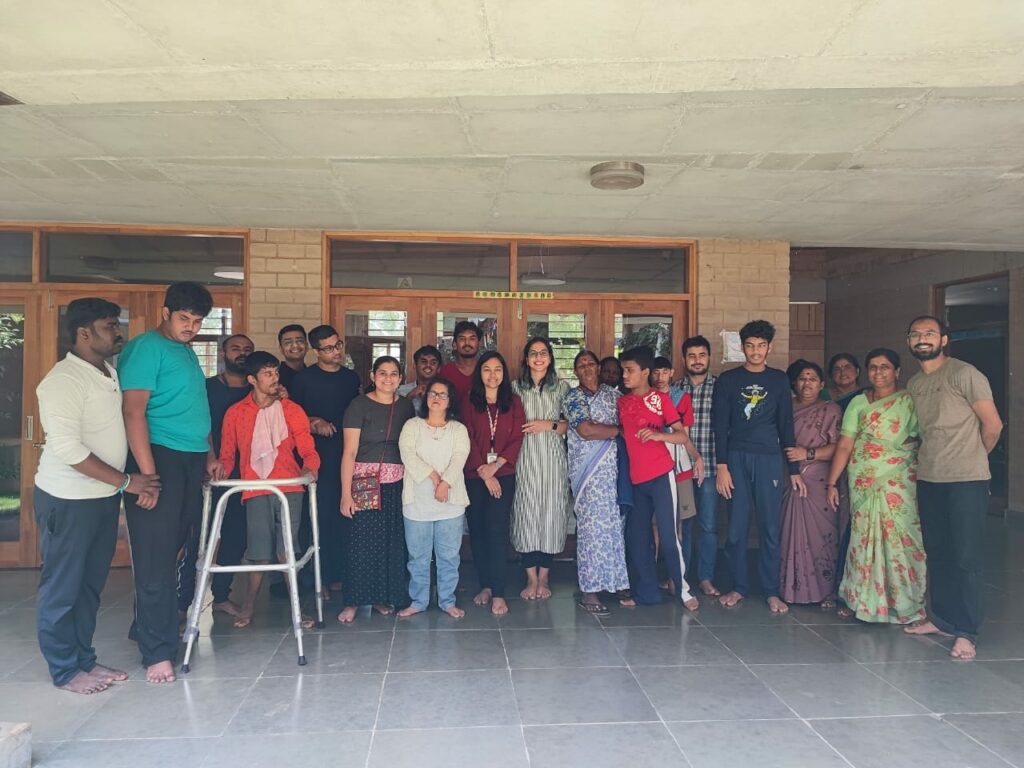
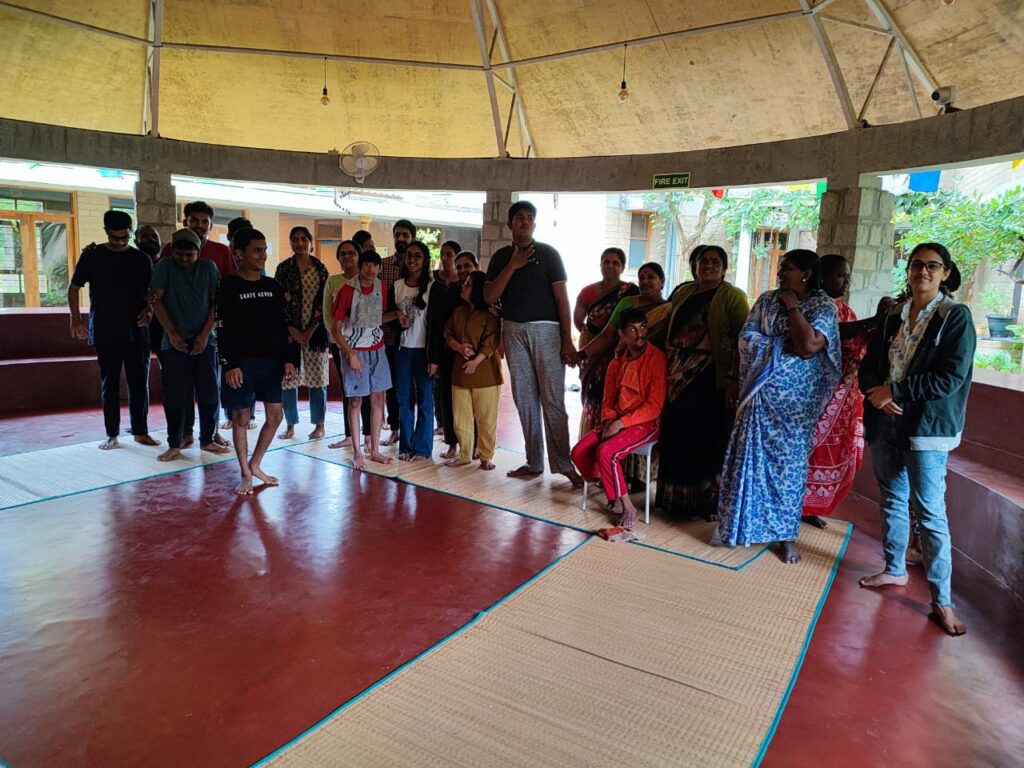
Volunteers from Google Serve visited our Snehadhara Foundation campus at Nelamangala to spend time with the children at Direct Care as a part of their Google Serve month as a part of our Creative Connections vertical. It was an enriching experience of giving back for the volunteers, and was an opportunity to expand the social worlds of our children. It was also heartwarming to hear their experiences and takeaways from the visits, and we look forward to continuing our engagement with Google Serve.
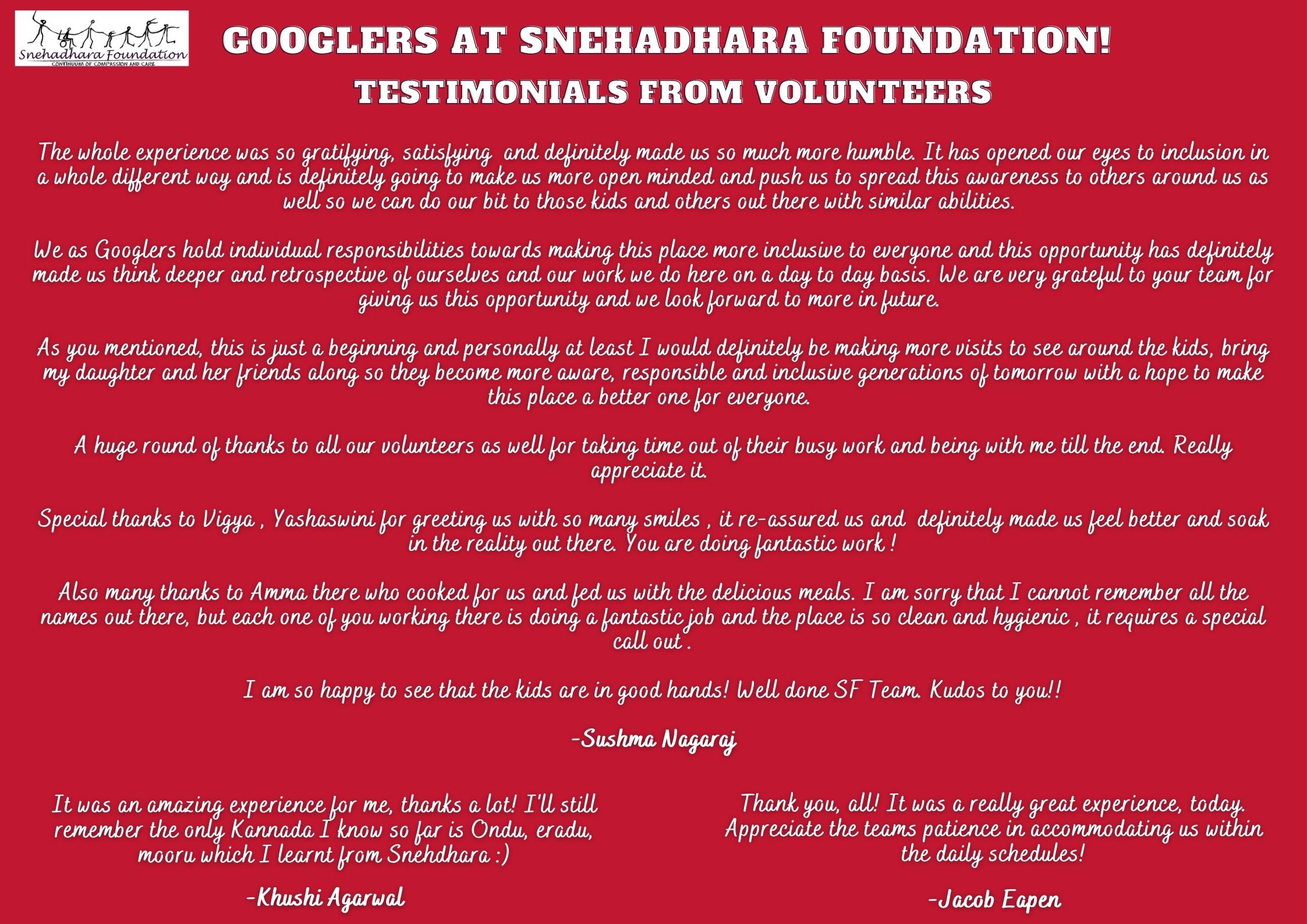
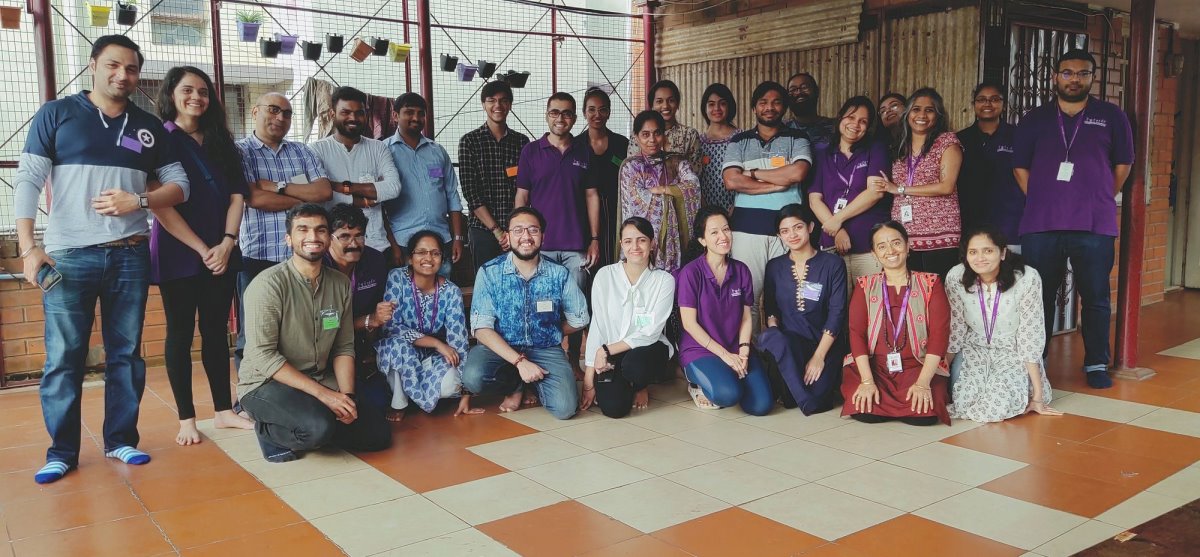
A 14-member team from Gartner. Inc. visited Snehadhara where they did varied activities from outdoor trips to being part of the Obatto cafe, some created and operated puppets while others splashed with paints on paper in a detailed and deliciously messy sensory activity.
The visitors dived right in though for most it was the first experience of working with children with special needs. There were moments when some visitors felt overwhelmed and allowed themselves the space to step out. They found their ways back to spaces they felt more comfortable in, when ready. Being emotionally present to yourself and the children is part of the Snehadhara experience. It was also wonderful to witness the welcoming and inclusive attitude of the children to the visitors. The visitors seemed to receive much joy and wonder from the visit. Their observations about the children’s relationship with each other, with the facilitators and themselves – were fascinating to hear. They noticed how inclusion comes naturally to the children and how they practice empathy so simply. It was heartening to notice their curiosity and excitement as also to hear their stories about the experience of working in the social sector as volunteers.
I found a new friend in K,” said one of the participants from the Maxim Integrated team that visited the Centre this morning. “We discovered ourselves and also got an opportunity to see our colleagues in a new light,” said another. The team that visited was oriented and allocated to different groups to work with the children on the Oota Thota programme that covers variously designed engagements with food preparation. The welcome was warm from both sides. The children and the visitors completely gave themselves to the opportunity to find new friends, hold different hands, open new conversations and ask various questions. They sang together while peeling onions for masala vadas. They even made up onion songs, we heard. “It was fascinating to see how the facilitators handled a child who had so warmly welcomed us just a few minutes before he had a meltdown,” said another participant from the Maxim team. “A child in the group I worked with was not vocal but very expressive,” shared another participant, describing how the child and he bonded over the short duration they were together. The visitors were appreciative of how the children have been given skills of self-care and how they use it when they feel distress.
The detailed observations the visitors made in the very short time they worked together with the children, reaffirmed our belief in the need for such social interactions for our children and the “outsiders.” Responding humanely is the most common instinct and indeed does come naturally to everyone, especially if the context allows the flow of compassion. Some of the participants were meeting children and adults with special needs for the first time. They were overwhelmed, they said. That did not stop them from singing for the children and playing with them. Their questions were rooted in empathy and concern. “Time flew, it seemed,” they said of how the morning was spent most meaningfully.” When asked if they would come back, the answer was a unanimous “yes!”

